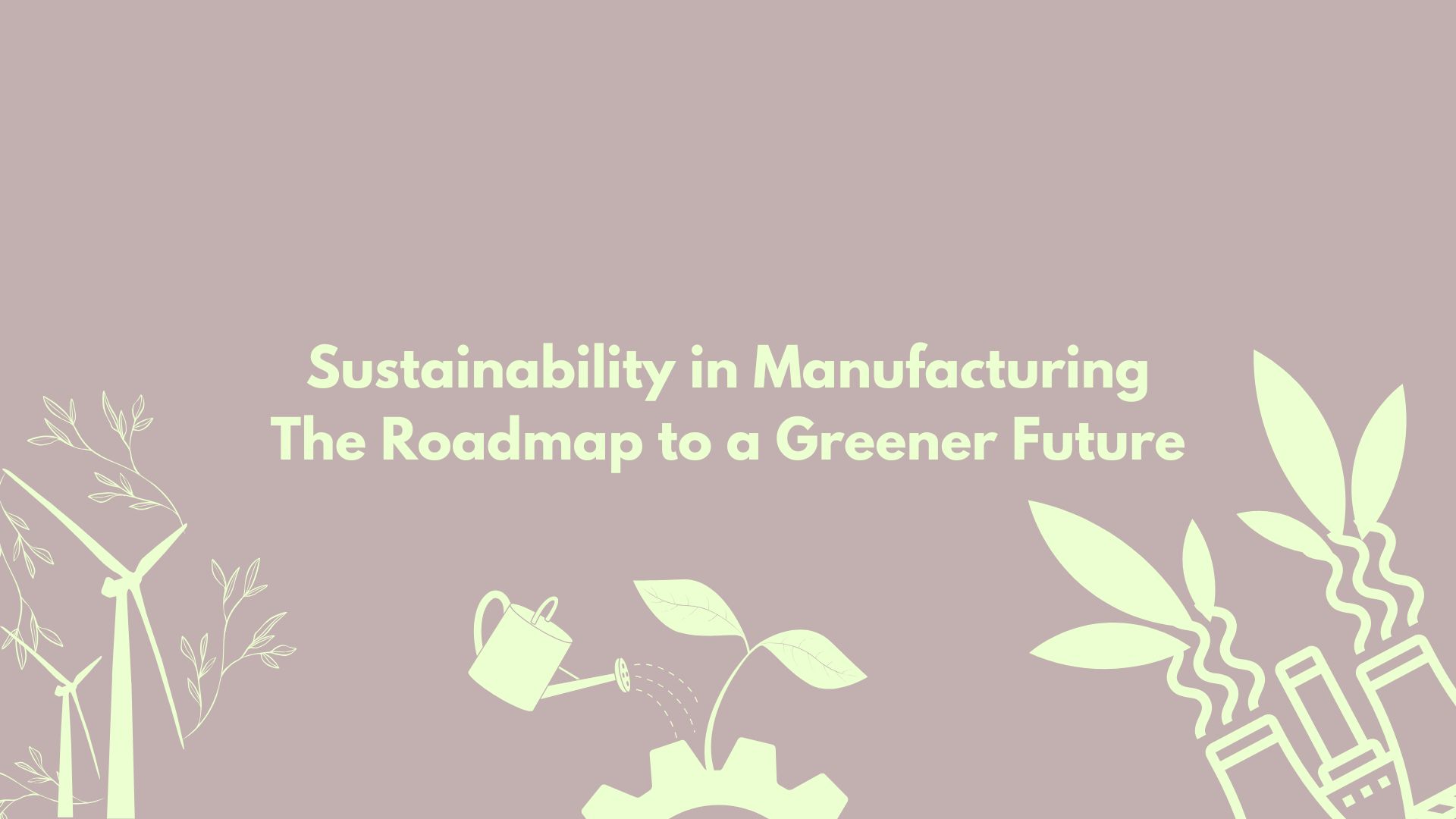Introduction
As the climate crisis intensifies, sustainability is no longer a choice but a necessity for manufacturers. From reducing carbon emissions to adopting renewable energy, companies must integrate sustainability into every facet of their operations. This blog will delve into the principles of sustainable manufacturing, its advantages, and how manufacturers can lead the charge toward a greener future.
The Growing Importance of Sustainability
- Environmental Responsibility
The manufacturing sector contributes significantly to greenhouse gas emissions and waste production. Sustainable practices can help mitigate these impacts. - Economic Incentives
Sustainability isn’t just good for the planet—it’s good for business. Energy-efficient equipment, for example, reduces operational costs. - Consumer Demand
A recent study found that 67% of consumers prefer products from eco-friendly brands. Manufacturers must align with these expectations.
Key Strategies for Sustainable Manufacturing
- Adopt Renewable Energy
Transitioning to solar, wind, or hydroelectric power significantly reduces carbon footprints.- Example: Tesla powers its Gigafactories with renewable energy sources.
- Circular Economy Initiatives
Focus on creating closed-loop systems where materials are recycled or reused rather than discarded.- Example: Adidas has introduced fully recyclable shoes to reduce landfill waste.
- Water Conservation Techniques
Implement systems to recycle water used in production processes.- Technology Spotlight: Closed-loop cooling systems that reuse water efficiently.
- Green Packaging
Use biodegradable or minimal packaging to reduce waste.- Example: IKEA replaced Styrofoam with mushroom-based packaging.
Measuring Sustainability Success
- Carbon Footprint Reduction: Track emissions using software tools like Carbon Analytics.
- Waste Management Metrics: Measure the percentage of materials recycled.
- Energy Consumption: Compare pre- and post-sustainability initiative energy use.
Conclusion
Sustainability isn’t a short-term trend; it’s a long-term imperative. By adopting innovative practices and prioritizing eco-conscious decisions, manufacturers can reduce costs, attract customers, and safeguard the planet for future generations.









